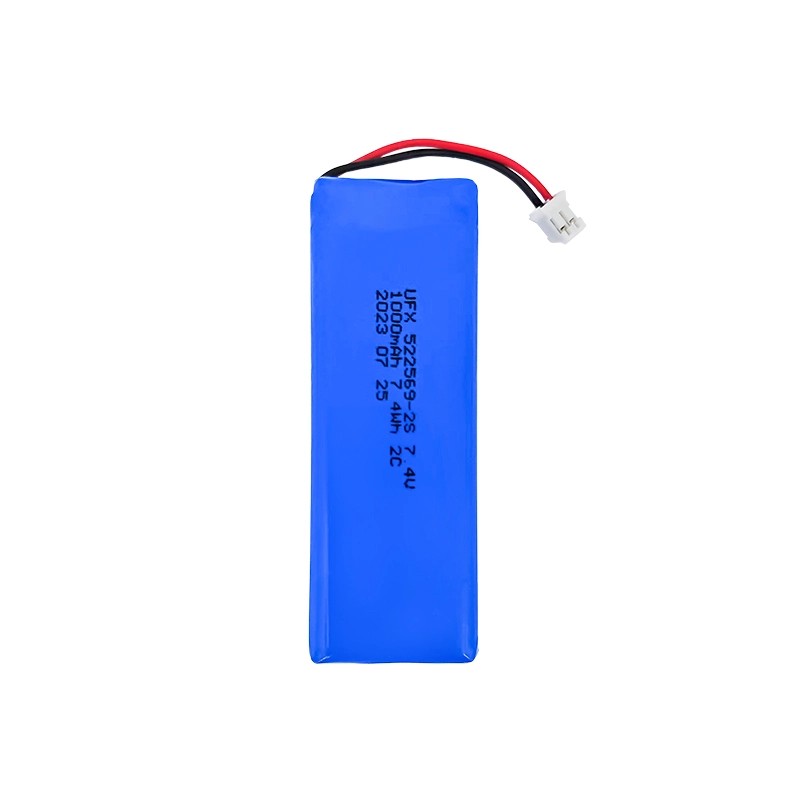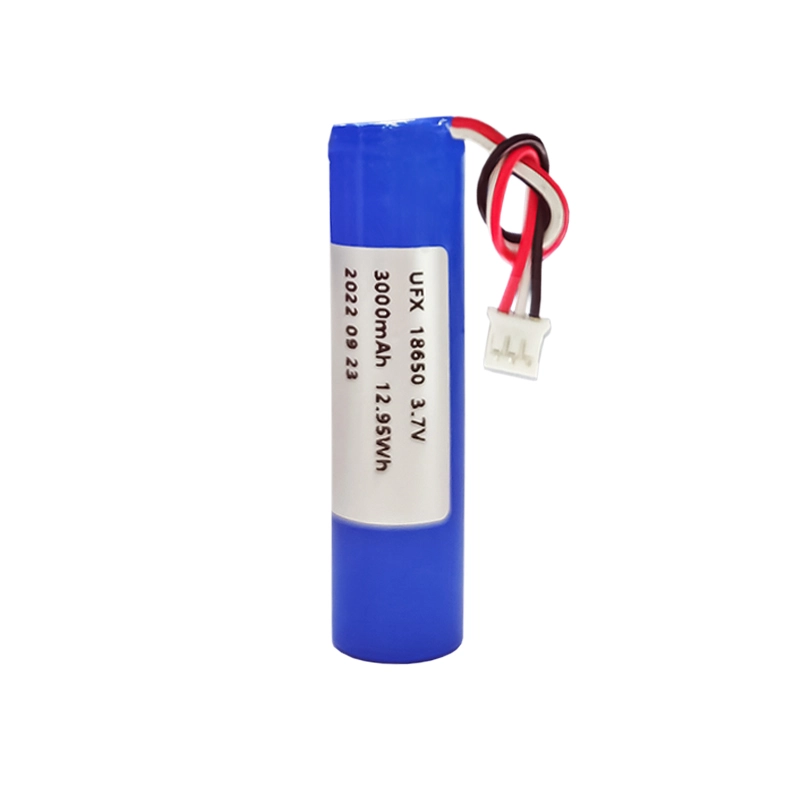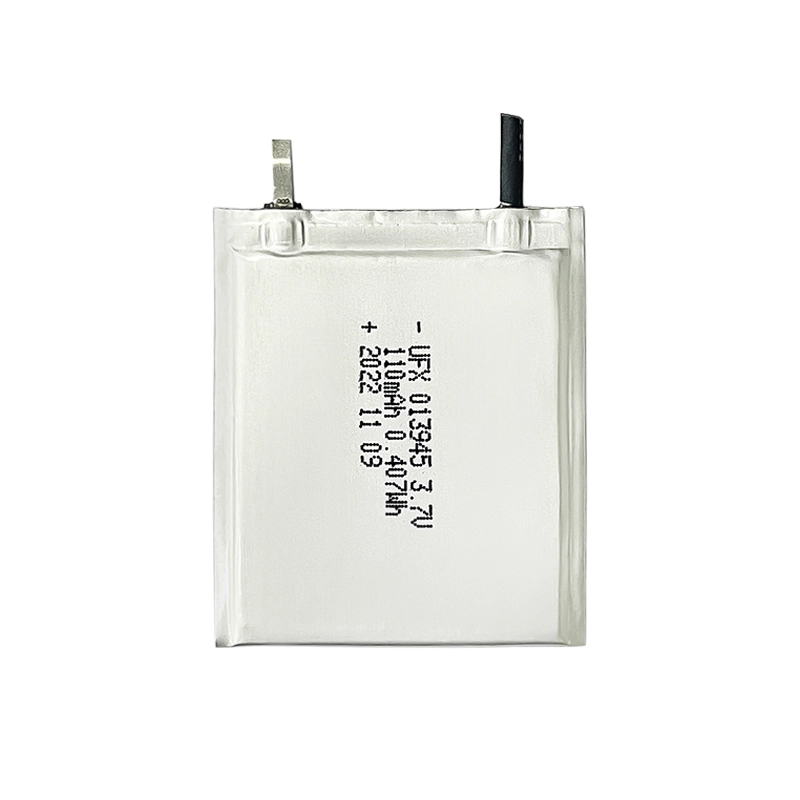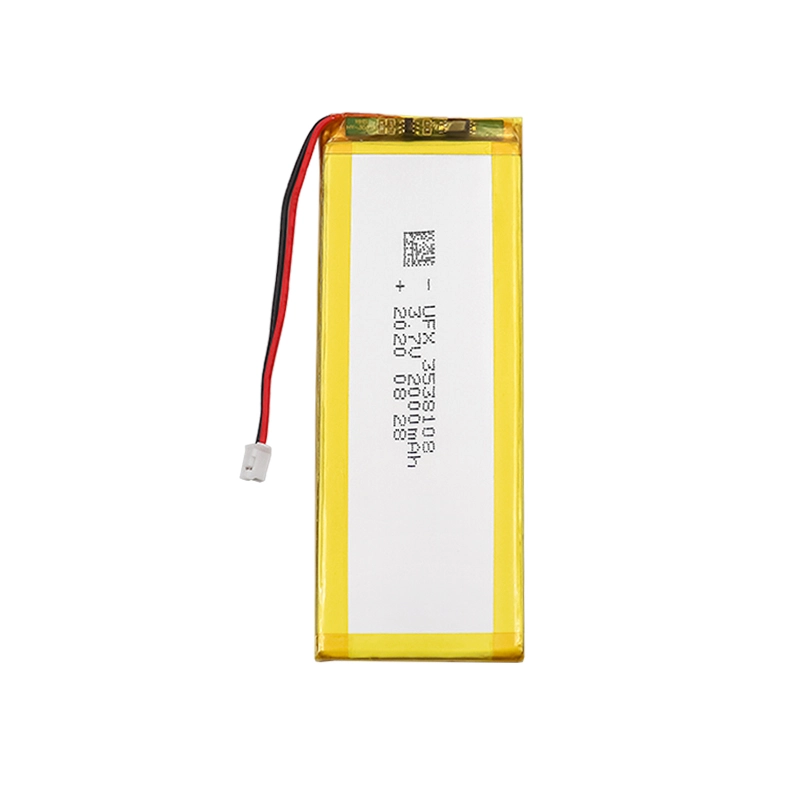
Everything You Should Know About Remote Control Battery
Lithium-ion batteries are currently the most widely used rechargeable batteries. Lithium batteries can be made into flat rectangular, cylindrical, rectangular and button types according to the requirements of different electronic products. It can be used with a single battery for low-power applications, or multiple batteries can be combined in series and parallel to obtain higher voltage and capacity, and can be used for remote control equipment such as power tools, tablets, toy cars, etc.
What is a remote control battery?
A remote control battery is a power source specifically designed to provide energy for remote control devices. These batteries enable the transmission of signals from the remote control to the device it operates, such as a television, audio system, or toy.
The principle of remote control battery
Remote control batteries typically use chemical reactions within the battery to produce electrical energy. The most common type of remote control battery is the alkaline battery, which contains a positive electrode (cathode) made of manganese dioxide and a negative electrode (anode) typically composed of zinc. When the remote control button is pressed, a circuit is completed, allowing the flow of electrons from the anode to the cathode, creating an electrical current.
Types of remote control batteries
1) Alkaline batteries: Alkaline batteries are the most widely used type for remote controls. They offer good energy density, a relatively long shelf life, and are readily available.)
2) Lithium batteries: Lithium batteries are known for their high energy density and longer lifespan compared to alkaline batteries. They are often used in high-end or demanding remote control devices.
3)Rechargeable batteries: Rechargeable batteries, such as nickel-metal hydride (NiMH) or lithium-ion (Li-ion) batteries, can be used in remote controls. These batteries can be recharged multiple times, reducing waste and long-term costs.
Comparison of advantages and disadvantages of remote control battery types
1. Alkaline batteries
- Advantages: Widely available, affordable, good energy density, long shelf life.
- Disadvantages: Not rechargeable, may leak and damage devices if left unused for a long time.
2. Lithium batteries
- Advantages: High energy density, longer lifespan, lightweight, suitable for high-performance devices.
- Disadvantages: More expensive than alkaline batteries, not rechargeable in most cases.
3. Rechargeable batteries
- Advantages: Can be recharged multiple times, eco-friendly, cost-effective in the long run.
- Disadvantages: Lower energy density compared to alkaline batteries, may require more frequent recharging.
The choice of battery type depends on factors such as the specific remote control device, desired lifespan, budget, and environmental concerns. Alkaline batteries are commonly used due to their availability and cost-effectiveness, while lithium and rechargeable batteries are preferred for devices that require higher performance or sustainability.
Ufine has successfully developed and produced thousands of conventional batteries, lithium iron phosphate batteries, ultra-thin special-shaped batteries, low-temperature batteries and 18650 batteries. Ufine’s monthly production capacity reaches 4 million units. Our lithium batteries have the advantages of high energy density, high working voltage, small size, lightweight, long service life, small self-discharge, safety and environmental protection.
These batteries are widely used in mobile phones, mobile digital products, laptops, energy storage, power tools, transportation, medical, aerospace and other fields.
High Energy Density
It stores large amounts of energy in a smaller and lighter package
Longer Cycle Life
Withstands extensive charge and discharge cycles
Low Self-Discharge
Maintains power longer when not in use
Safety
Minimizes the risk of accidents and ensures safe operation
More Information About Remote Control Battery
-
Can you customize remote control batteries?
-
Can your lithium batteries meet specific country or region certification requirements?
-
How safe are Ufine batteries?
Latest Blogs
About Lithium Battery Industry News

Overview of Deep Cycle Lithium Battery
In this article, we explore the life, voltage, capacity, and charging considerations of deep cycle lithium batteries.
2024/04/30 Gerald
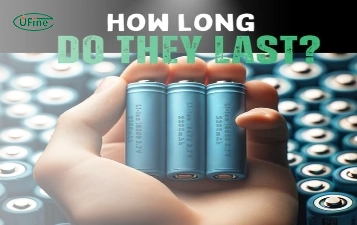
How Long do Lithium Batteries Last?
How long do lithium batteries last? we will explore the factors that influence the lifespan of lithium batteries and provide insights into their longevity.
2024/04/30 John

How to Choose the Best LiFePO4 Battery?
Choose LiFePO4 batteries for superior performance, safety, and versatility in EVs, UPS, and backup power. This guide helps you make informed decisions.
2024/04/30 Henry

Get 12v Lithium Car Battery As a Power Source for the Ride
Make the right choice for your vehicle's battery needs by installing a 12 volt lithium car battery. You will enjoy maintenance-free longevity with this change.
2024/04/30 Gerald
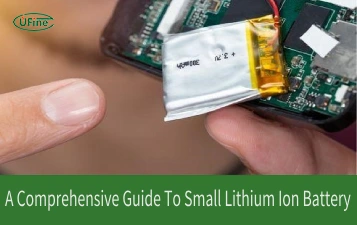
Everything About A Small Lithium Ion Battery
Discover the features, uses & future potential of a small lithium ion battery. A compact and tiny powerhouse ideal for smartphones, wearables, drones & more.
2024/04/30 Gerald
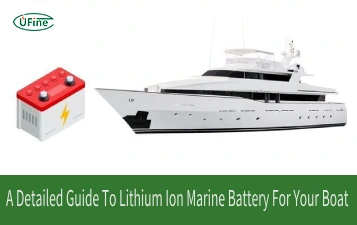
Why Should You Choose Lithium Ion Marine Battery?
Upgrade your boat's power with a Lithium ion marine battery, featuring lighter, longer life, faster-charging abilities. Let's choose the best marine battery.
2024/04/30 Gerald

